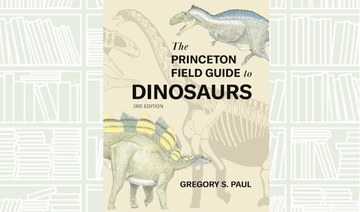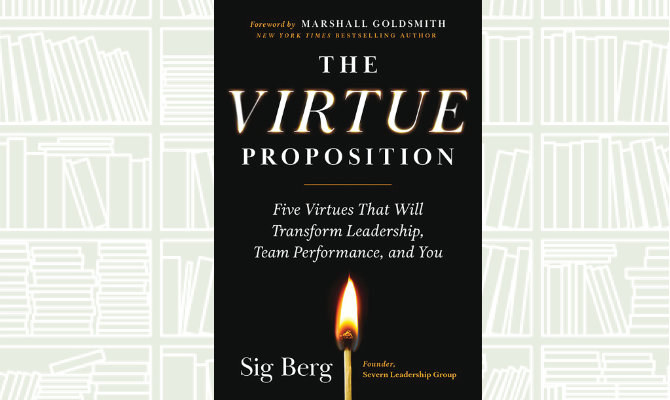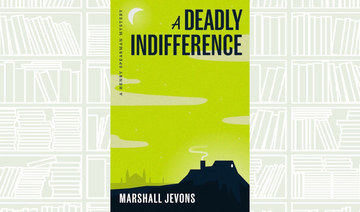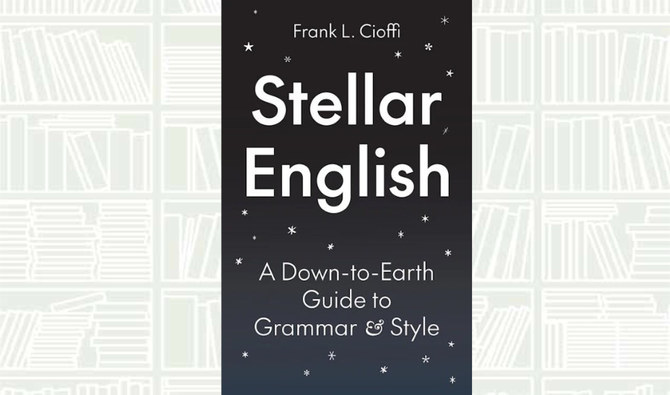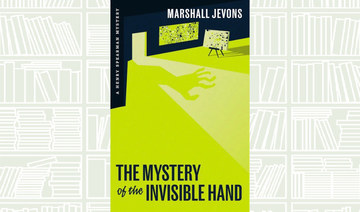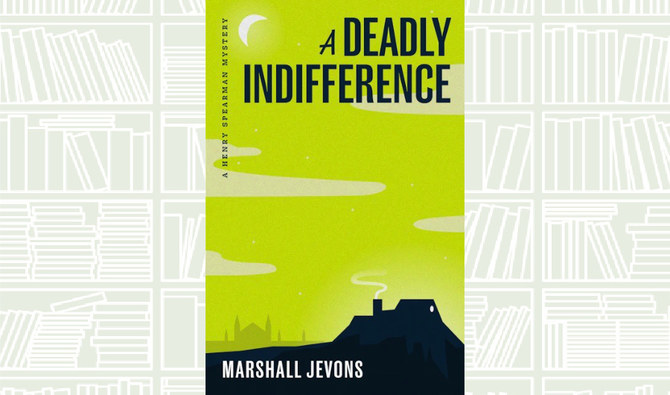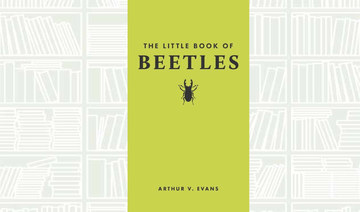“Sapiens: A Brief History of Humankind” is a non-fiction history and social philosophy book written by Prof. Yuval Noah Harari and published in 2011.
Harari based this book on a history class he was giving to undergraduate students. The contents of the 20 chapters reflect what is being taught in each of the 20 lectures during the semester.
Sapiens discusses world history from the inception of Earth 4.5 billion years ago to modern-day human footprint. Harari divides the timeline of history into four sections: the cognitive revolution, the agricultural revolution, the unification of humankind, and the scientific revolution.
The book explains how these revolutions impacted the relationship between human beings and other species of flora and fauna.
In section one, titled “The Cognitive Revolution,” there are four subcategories, with the first being “An Animal of No Significance,” that presents the reader with concise definitions of physics, chemistry, biology and history.
Section two, titled “The Agricultural Revolution,” discusses human beings’ domestication of plants and animals and explains that this revolution of interfering with naturally growing plants and wild animals started from western Iran, south-eastern Turkey and the Levant.
Section three, titled “The Unification of Humankind,” mentions that as agriculture required uniformity and cooperation between humans, the concept of collective rules and norms created the first structure of culture.
“The Scientific Revolution,” the final section, brings to light how human inventions and breakthroughs in the last 500 years catapulted humanity into a larger, more complex sphere of existence.
To put it into context, Harari highlights the first detonation of the atomic bomb — Oppenheimer’s weapon of mass destruction — in Alamogordo, New Mexico on July 16 1945.
Harari holds a Ph.D in history from the University of Oxford and is now a world history professor at the Hebrew University in Jerusalem.
He was awarded the Polonsky Prize for Creativity and Originality in 2009 and 2012. His bestseller and most remarkable publication Sapiens sold more than 12 million copies worldwide.







